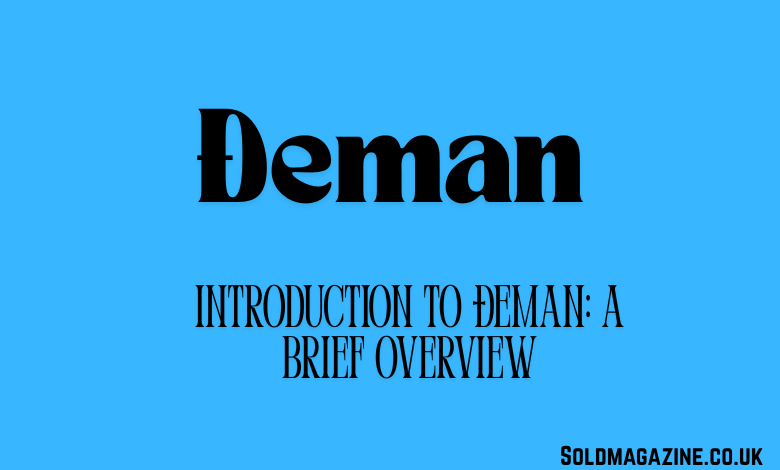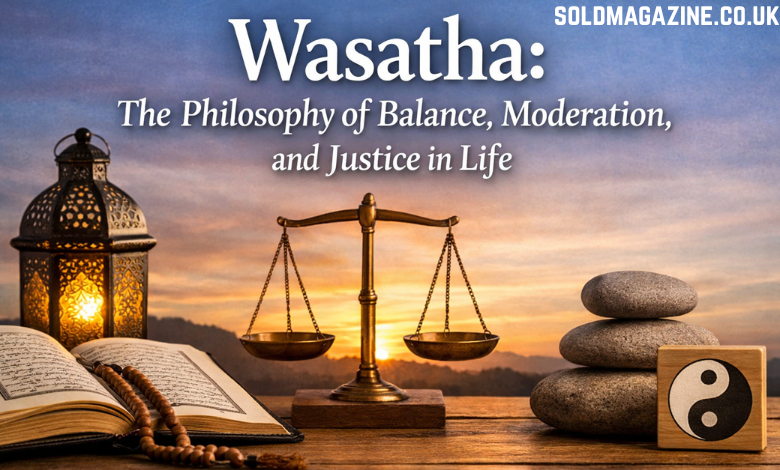Đeman (sometimes written as Deman) is a term found in Balkan folklore, particularly within Serbian, Bosnian, and Croatian cultural traditions. It refers to a supernatural being, often associated with malevolent or demonic traits, though its portrayal varies depending on regional beliefs and oral storytelling. The word “đeman” itself is derived from the Ottoman Turkish influence on Balkan languages, likely from the Arabic term “djinn” (genie), indicating spirits with various temperaments.
Origins and Etymology
The term “đeman” appears to have linguistic roots connected to Islamic and Middle Eastern mythology, specifically from the concept of “jinn” (جنّ) in Arabic. When the Ottoman Empire expanded into Southeast Europe, many Islamic religious and cultural concepts blended with local Slavic folklore. The word transformed in pronunciation and meaning as it entered the vernacular of Slavic-speaking Muslims and Christians alike.
In local dialects, particularly in Bosnia and Herzegovina, the term “đeman” is used to refer to an evil spirit or shadowy figure. While not as widely used in modern language, it survives through oral storytelling, folk songs, and regional superstitions.
Characteristics and Beliefs
A đeman is typically portrayed as a dark, shadowy figure that may haunt people or places. These beings are believed to cause disturbances or misfortune. Unlike the Western depiction of devils or demons, đemans are not necessarily agents of Hell, but rather spiritual entities that exist parallel to the human world.
In some folklore versions, đemans can possess a person, dwell in abandoned homes, or be summoned through black magic. In this sense, they resemble the concept of the jinn in Islamic theology—beings made from smokeless fire who can be good, evil, or neutral.
Folk remedies to ward off a đeman include spiritual prayers, religious recitations, or physical rituals such as burning incense or avoiding certain cursed areas after dark. These beliefs reflect a blend of Islamic, Christian, and pre-Islamic Balkan animistic traditions.
Cultural References
- Islamic Influence: In Islamic tradition, the jinn are mentioned in the Qur’an as intelligent beings with free will. The belief in jinn was integrated into local Balkan culture during Ottoman rule and localized under terms like đeman.
- Folk Tales: Several Balkan folk tales recount stories where villagers encounter unexplainable forces, often attributed to a đeman. These include possessions, strange noises, or sleep paralysis, which locals might interpret as a đeman encounter.
- Language Usage: In some dialects, the term “đeman” also evolved to carry poetic or metaphorical meaning. In Bosnian love songs, for instance, “đeman” might be used as a term of charm or mystique, though this is less common today.
Regional Variants
While the term “đeman” is more specific to South Slavic languages, similar beings exist in neighboring folklore:
- Jinn in Islamic theology
- Domovoi in Russian folklore (a household spirit)
- Strigoi in Romanian belief (undead spirits or vampires)
These beings all serve as explanations for supernatural phenomena and moral lessons in oral storytelling.
Modern Interpretation
Today, the belief in đemans is less prevalent, especially among younger, urban populations. However, in rural areas or among traditional families, these concepts still appear in casual conversation, warnings to children, or cautionary tales. They serve as cultural memory—a way to retain the folklore heritage of the region.
Anthropologists and folklorists studying the Balkans frequently document the role of such supernatural beings in everyday life, exploring how they shape identity, belief systems, and communal values.
References
- M. Hadžijahić, Folklor i mitologija Balkana, Sarajevo, 1974.
- A. Schimmel, Mystical Dimensions of Islam, University of North Carolina Press, 1975.
- E. Čelebić, Bosanski mitovi i legende, Tuzla, 2001.
- M. Mencej, “Supernatural Beings in Slovenian and South Slavic Folklore”, Studia Mythologica Slavica, 2013.
Conclusion
Đeman is a regional term rooted in centuries of cultural and religious blending in the Balkans. Though not widely recognized outside local traditions, its significance lies in what it tells us about fear, morality, and the unseen forces that shaped early Balkan societies. Its enduring presence in folk memory shows how mythology adapts but never completely disappears.




